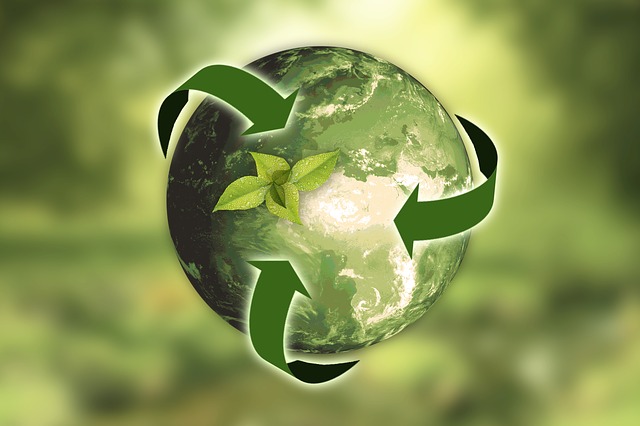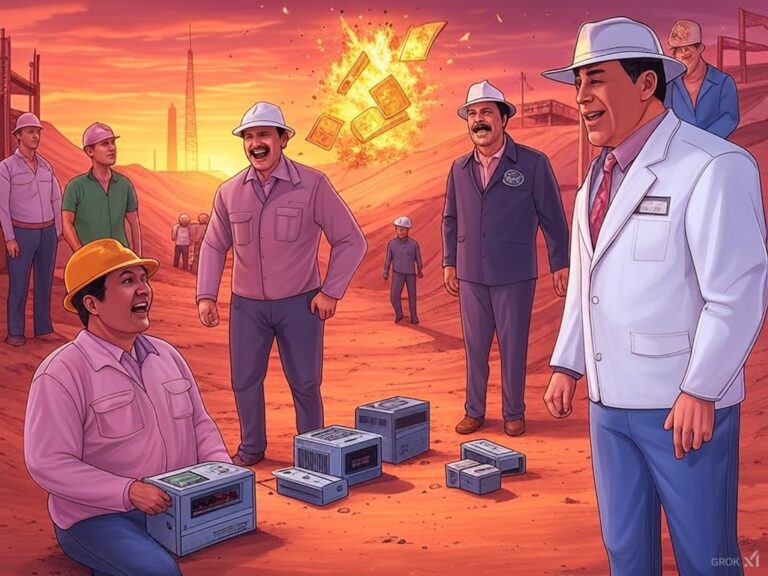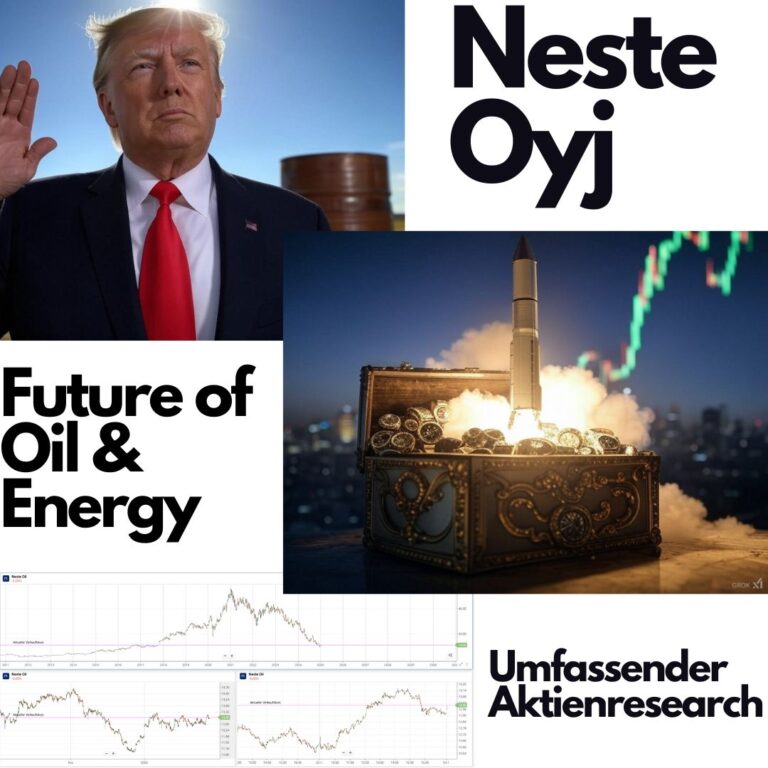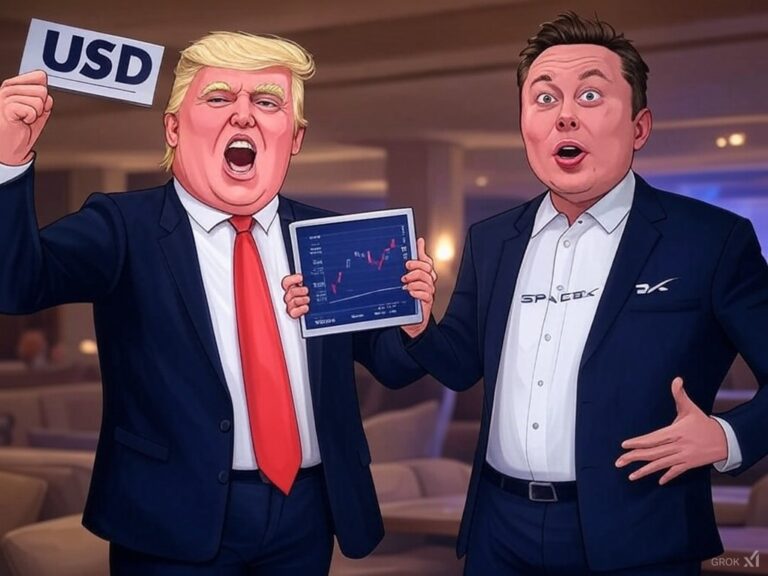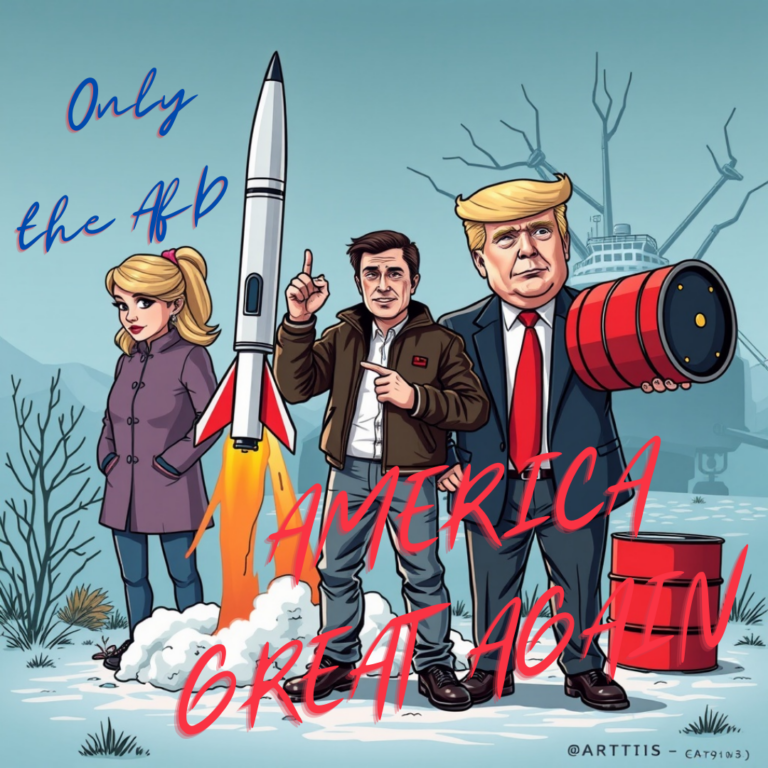All natural raw materials are basically only available in limited quantities. Limited resources account for much of their high value. Urban mining is still a relatively new method of raw material extraction. But what exactly is urban mining and how does it differ from recycling?
What is Urban Mining?
The rarer certain raw materials become, the more complex and expensive they are to extract and the higher their value. Once the raw materials have been mined, many of these raw materials enter the reusable materials cycle and are further processed into a wide variety of products.
Since raw materials are becoming increasingly scarce and thus more expensive, the idea of using and reusing resources that are already in the material cycle is obvious. This is the basic idea of urban mining. Translated, urban mining means „urban mining“.
Urban mining therefore involves the recovery of certain raw materials from the recyclable materials cycle by reprocessing existing goods.
The difference between recycling and urban mining
Recycling is usually understood as the sorting and classification of waste for recyclability. Urban mining primarily refers to the reusability of valuable raw materials, which today are still mostly stored permanently unused in construction debris and other waste products.
Advantages and disadvantages
Urban mining certainly has many ecological advantages and serves above all to conserve resources of rare raw materials. It certainly leads to fewer emissions than conventional mining of raw materials, and in the process it is a fairly cost-effective way of keeping raw materials, once extracted, in the recycling loop once they have become waste in their original use.
Nevertheless, there are also disadvantages associated with the recovery and reprocessing of raw materials that have already been mined. Urban mining can also release pollutants and sometimes the quality of raw materials can suffer.
How investors can profit from urban mining
So far, so-called garbage indices have hardly attracted the attention of many investors, as record rallies have so far failed to materialize. Nevertheless, the major recycling specialists offer interesting opportunities for investors, as almost all companies are convincing with their steady growth.
For example, the shares of the US recycling specialist Casella Waste Systems have gained almost 60 percent over the last three years. The company began in 1975 with one garbage truck and has become the leading U.S. company in waste disposal and industrial waste recycling. One of the company’s major shareholders is Bill Gates, who could potentially be followed by long-term investors in particular.
The Belgian company Umicore specializes in recycling precious metals and extracts them mainly from batteries and electronic waste. The company now works closely with BMW on the recycling of old batteries and is considered one of the most important recycling companies in Europe.

